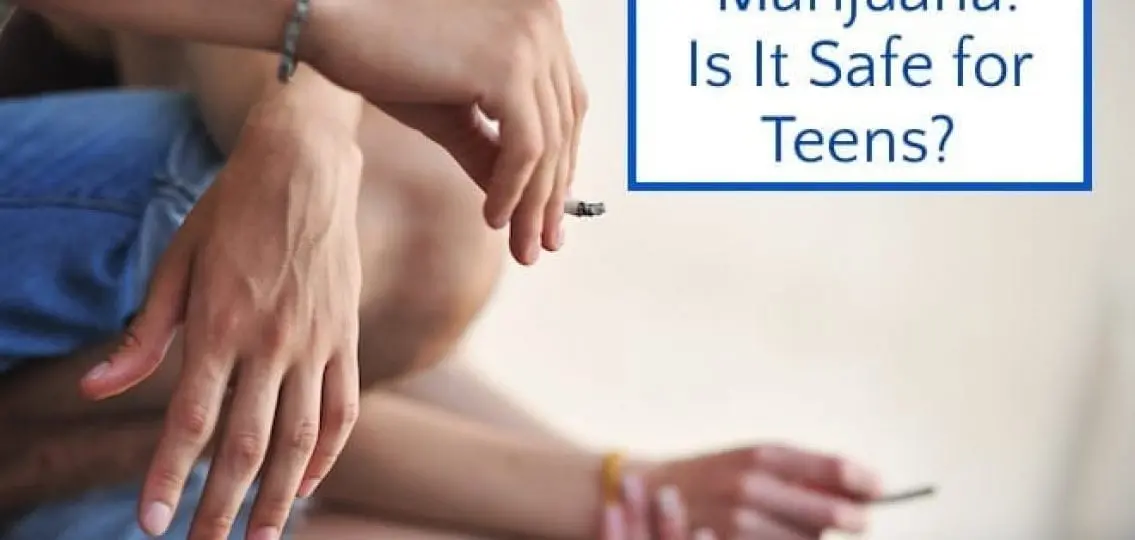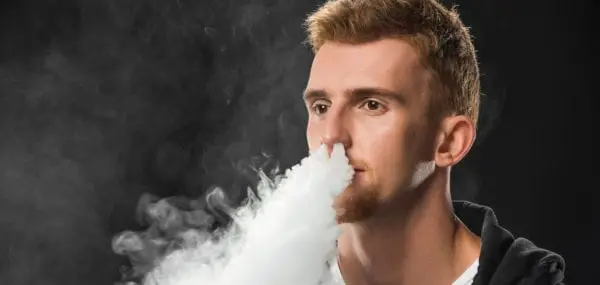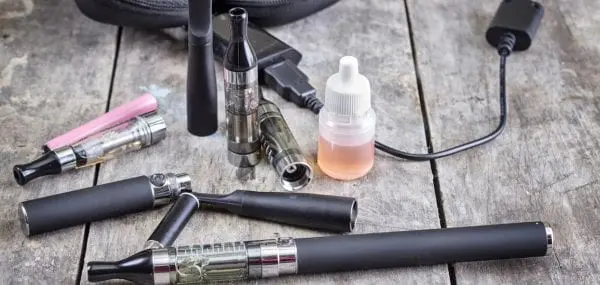Legal Marijuana Doesn’t Mean Safe Marijuana
There’s no doubt that the legalization of marijuana for recreational and medical use in Colorado and elsewhere has sent a mixed message to teenagers, namely that the drug is safe. And while many adults can use legal marijuana with few, if any, consequences, for the developing teenage brain, the opposite is true, says Dr. Stephen Sroka, an adjunct professor at Case Western Reserve University’s School of Medicine, Adolescent Health Division. In this series of two videos, Dr. Sroka explains how to talk to adolescents about marijuana.
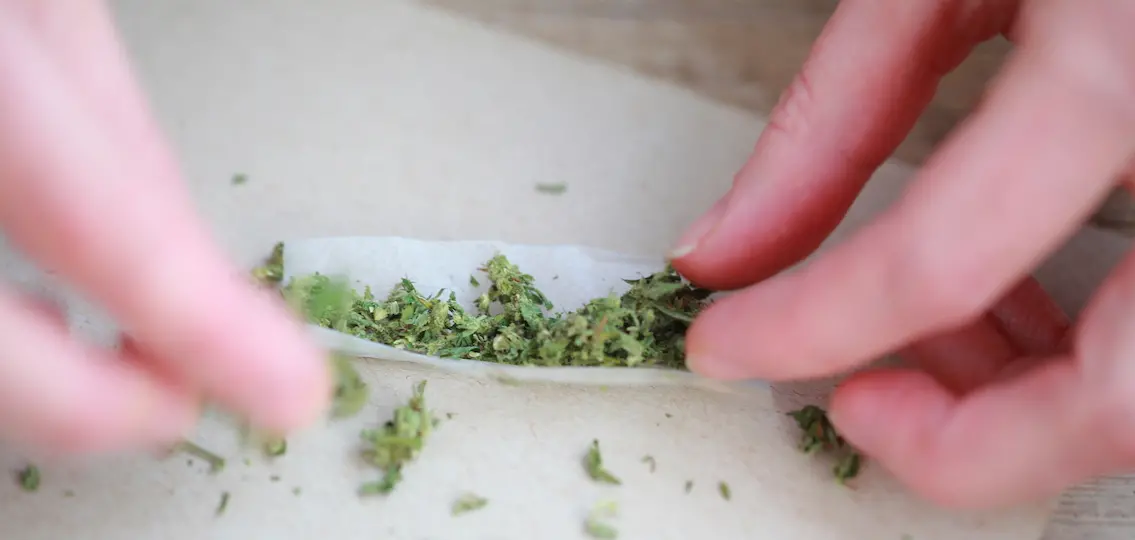
Video #1: Legal Marijuana or Not: This Is Not Your Parent’s Weed
Transcript: I think the legalization of marijuana is really bad for teens and the teen brain. We know right now that a good number of kids smoke marijuana, about 20 percent of kids in high school. In the YRBSS [Youth Risk Behavior Surveillance System] study that it just came out about 20 percent of kids smoke marijuana. What most people don’t know is about 17 percent of these kids who started smoking are going to get addicted to marijuana. There’s a myth out there that marijuana is not addictive. It is addictive. It is addictive. You develop tolerance. You develop a dependence on it.
There are parents who say, “I did it. It’s not a problem.” But when they did it, it was probably two or three percent THC [the active ingredient in marijuana]. Today, it runs about 30 percent and if you do it in a vapor, you can get up to 80 percent. So you are not smoking your daddy’s marijuana anymore. Get the message out that this is a drug, it impacts your brain, and, yes, you can get addicted to it.
Video #2: Legal Marijuana is for Adults, NOT Teens
Transcript: Parents often ask me how to talk about marijuana today. The new seems to imply everything is going well in Colorado. They are talking about legalization for adults. They haven’t addressed the problem with adolescents. And I’m looking at this from the view of the adolescent brain, which we should not be encouraging to use drugs. But the problem is because it is “legal,” there is a perceived reduced risk of harm.
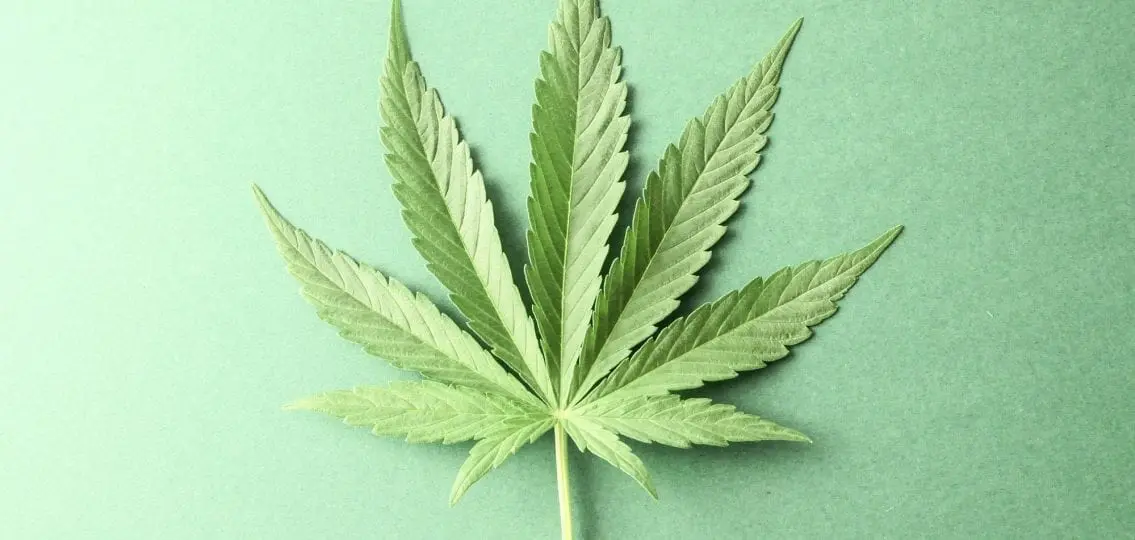
There are a couple things we need to do as parents. One is that it’s illegal. Second, your brain is developing. If you put this drug in, we don’t know where that’s going to take you. Third, we we know with other drugs, the earlier you start the greater chance of addiction. I think what we want to do as a parent is to protect the brain as best as we can until kids become old enough to make good decisions themselves. Our job as a parent is to prolong the onset of behaviors that can hurt our kids. “I can’t tell you what to do when you get older, whether you are going to drink or smoke.” But do whatever you can to prolong it until hopefully at least the age of 21. I believe that’s the mission of a parent today.
